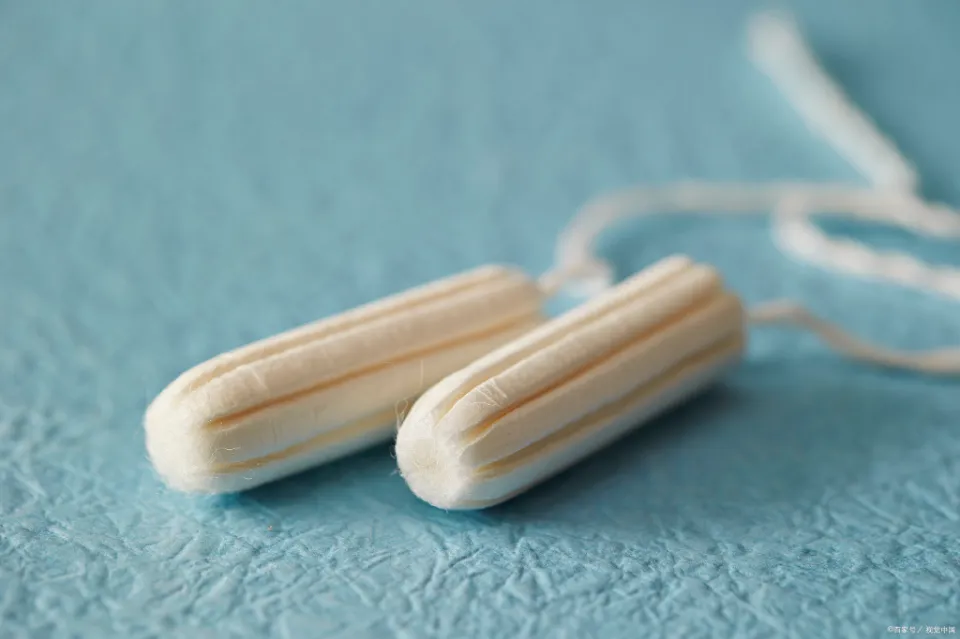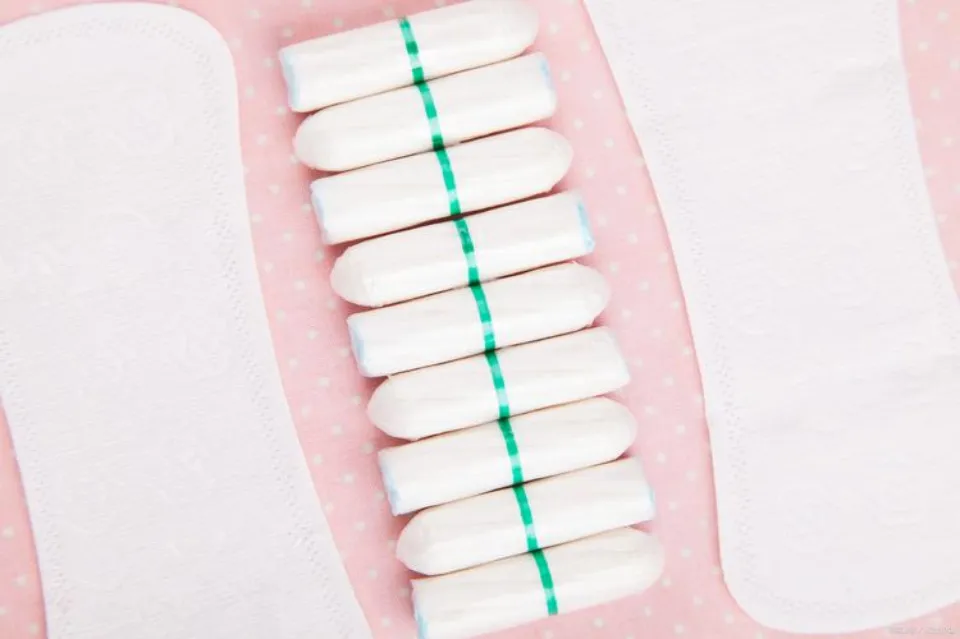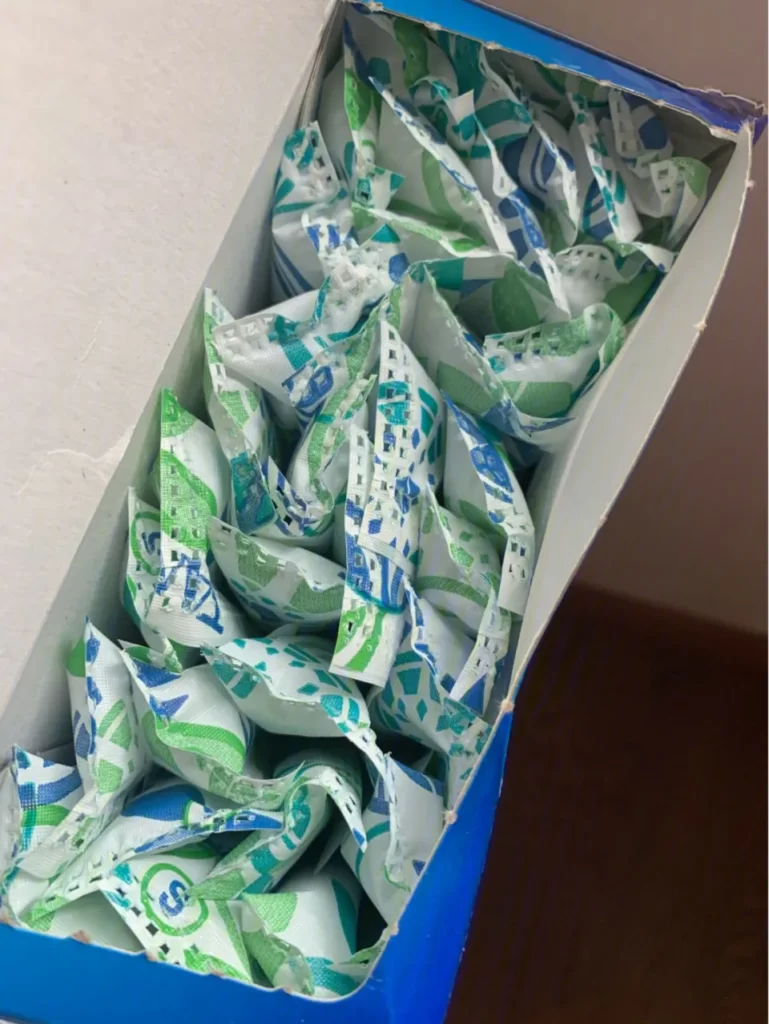Tampons after C-Section – How Long Can You Use Them?
Everyone is aware that during pregnancy, your period will temporarily disappear. In all honesty, a break might have been nice. But once the baby is here, you’ll probably start to wonder: Will my period still come after giving birth?
A c-section, also known as a cesarean section, is a surgical delivery method for children. The mother’s abdomen and uterus are surgically cut open, and the baby is delivered through this wound as opposed to a vaginal birth.
Tampon usage is not advised until after your 6-week postnatal check. After having a C-section, it is best to avoid using tampons and instead let pads handle the bulk of the work for a while.
Here are some inquiries you might have regarding your first period following delivery.
When Can I Use a Tampon After Giving Birth?

Six weeks should pass before inserting anything into the vagina, according to doctors. As a result, you should avoid using tampons if you have lochia or an early period because they could harm the delicate tissue. To be safe, you should hold off on using a tampon after giving birth until your doctor gives the all-clear.
It’s possible that you’ll need to use a different absorbency when you start tampon insertion again. You might want to use a larger tampon for a few months if you gave birth vaginally as well. After all, your pelvic floor needs time to heal since your vaginal muscles just delivered a full-term baby. To hasten this process, talk to your doctor about pelvic floor exercises. You might need to modify your insertion technique because the angle of your vagina can also change.
When their first period after giving birth arrives, many women choose to use a pad because they frequently experience a heavier or more unpredictable period right after giving birth. If you’re concerned about your flow’s quantity or texture, this is a useful way to keep an eye on it. The first few times you use a tampon after giving birth as you get used to your changing flow, a pantyliner might also be helpful.
Is Spotting and Discharge Normal After Birth?

Absolutely. Your body will need to go through a significant recovery process after giving birth, even if you are in excellent shape and well-prepared. The ultimate workout, labor, will leave your muscles sore. You’ll be incredibly sensitive if you gave birth vaginally. Additionally, stitches will hurt and take a while to heal. You will experience lochia, a pinkish-brown discharge, for the first four weeks following delivery. That’s entirely normal. The natural process of your uterus releasing blood, mucus, and tissue after giving birth may appear to be like a period, but it’s not. Wear a pad, and change it out frequently.
When Will Your Period Start After C- Section?
After a cesarean section, your hormones will determine whether or not you start having periods again. After the delivery, the hormone levels of Human Chronic Gonadotropin or HCG, Progesterone, and Oestrogen tend to be on the lower side. Breastfeeding is a key factor in determining when your periods will start again after a C-section.
- If you are breastfeeding
Your hormone levels will be affected by it. The ovulation is delayed as a result of the rise in prolactin levels. Therefore, if you are breastfeeding, it may take at least takesix months to resume your periods. Additionally, the periods might be erratic. (Read More: When Does Ovulation Weight Go Away)
- If you are not breastfeeding
If you are not breastfeeding, your body produces less prolactin, which causes your periods to start earlier. However, in a few cases, the first period occurs justafter six weeks after cesarean section delivery.
When Should I Worry About a Postpartum Period?

It’s time to visit your doctor if three months after giving birth (or three months after you stop breastfeeding) your period hasn’t started. A thyroid problem or a hormonal imbalance may be indicated by missed periods, spotting, or periods that last less than two days. On the other hand, during the first few postpartum periods, some people experience heavier bleeding and more cramping. But if you’re using a tampon or pad every hour or less, if your period lasts longer than seven days, or if you see clots bigger than a golf ball, call your doctor right away. These could be symptoms of cysts, polyps, or fibroids. Additionally, notify a doctor if you suddenly develop a fever during your period or if you detect any foul-smelling discharge. Any one of these might be an infection red flag.
Conclusion
Be kind to yourself; postpartum recovery is a major physical transition. A new normal is being accepted by your body and hormones. Most likely, everything will calm down; just keep in mind to pay attention to your body.
FAQs
Can You Wear Tampons 8 Weeks After C-section?
Generally, we advise waiting 6 weeks before starting up again with your sex life or tampon usage. If you are pain-free and the vaginal area is obviously healed, using tampons before six weeks will not cause any harm.
Why Does My Tampon Hurt After C-section?
The area inside of you where the placenta was connected to the uterine wall following a C-section is still open, making it painful to insert objects into your vagina. According to the aforementioned Baby Center article, this internal wound is susceptible to infection just like any other wound.
How Long Does the First Period Last After C-section?
Due to the hormonal changes the body has undergone, the first period after a C-section may last longer than usual. According to the individual, the bleeding may continue for 10 days. Your gynecologist must be informed if it continues even after 12 days.
Do You Need Bigger Tampons After Having a Baby?
If you gave birth vaginally, you may discover that you require a larger tampon after giving birth. This is because, for at least a few months, your vaginal canal will be looser and it might be difficult for you to keep a tampon firmly in place. Try the size that is one larger than your usual one if this is the case.





Average Rating